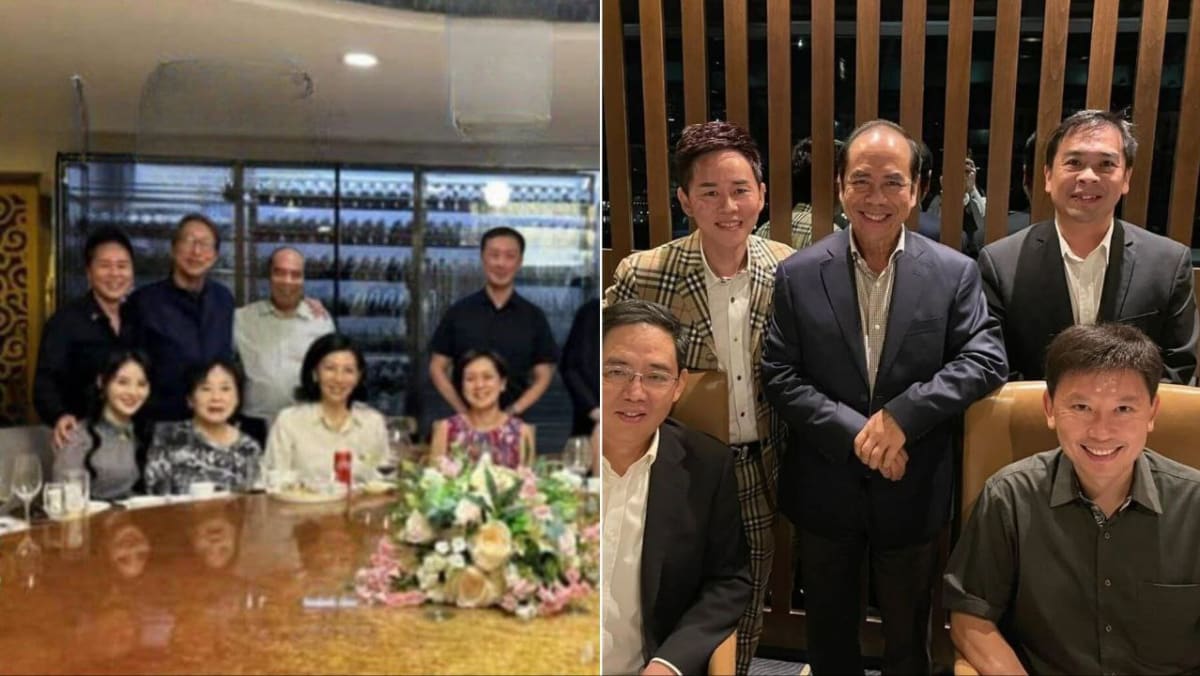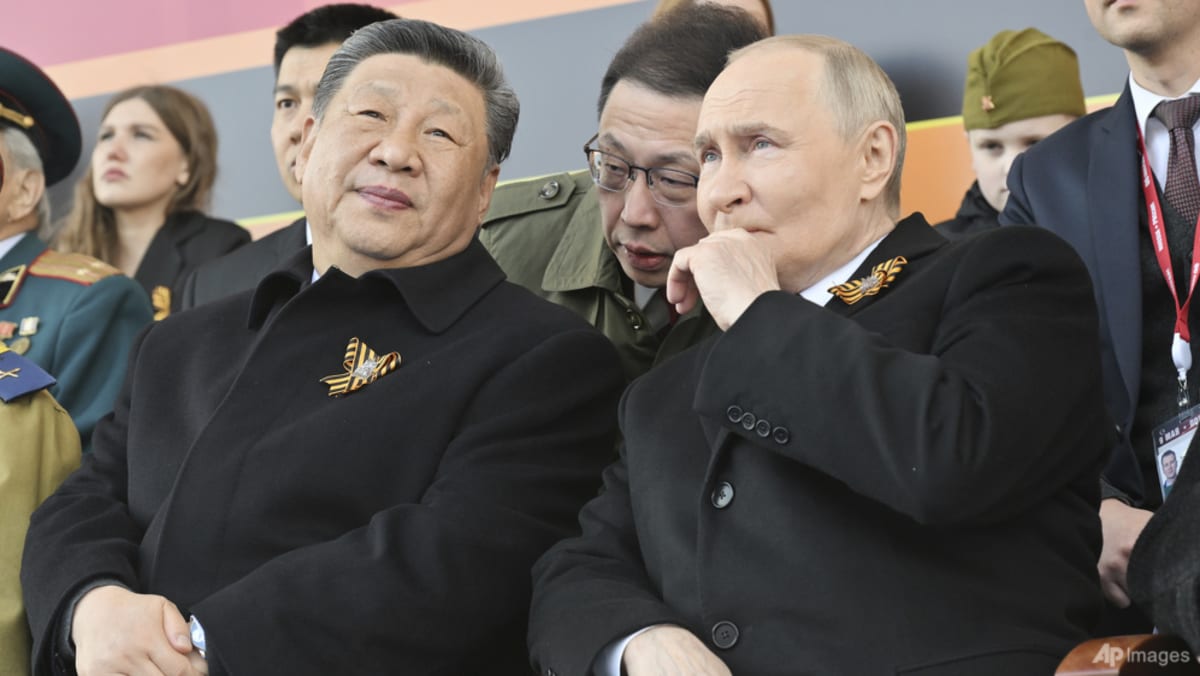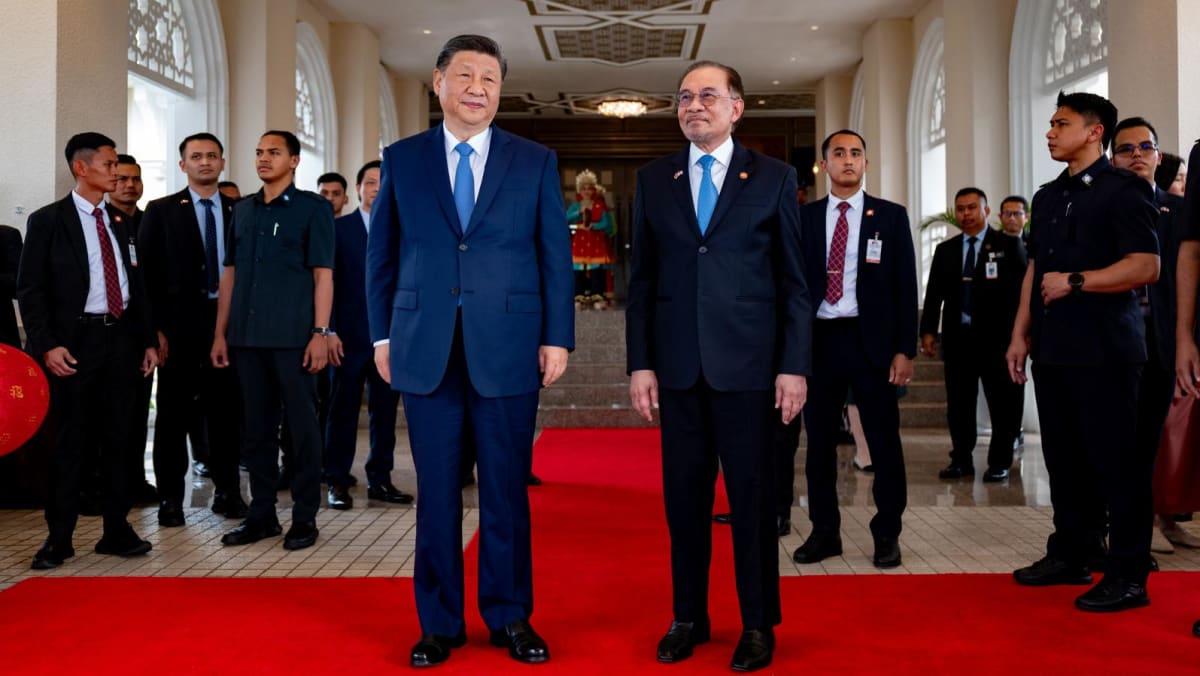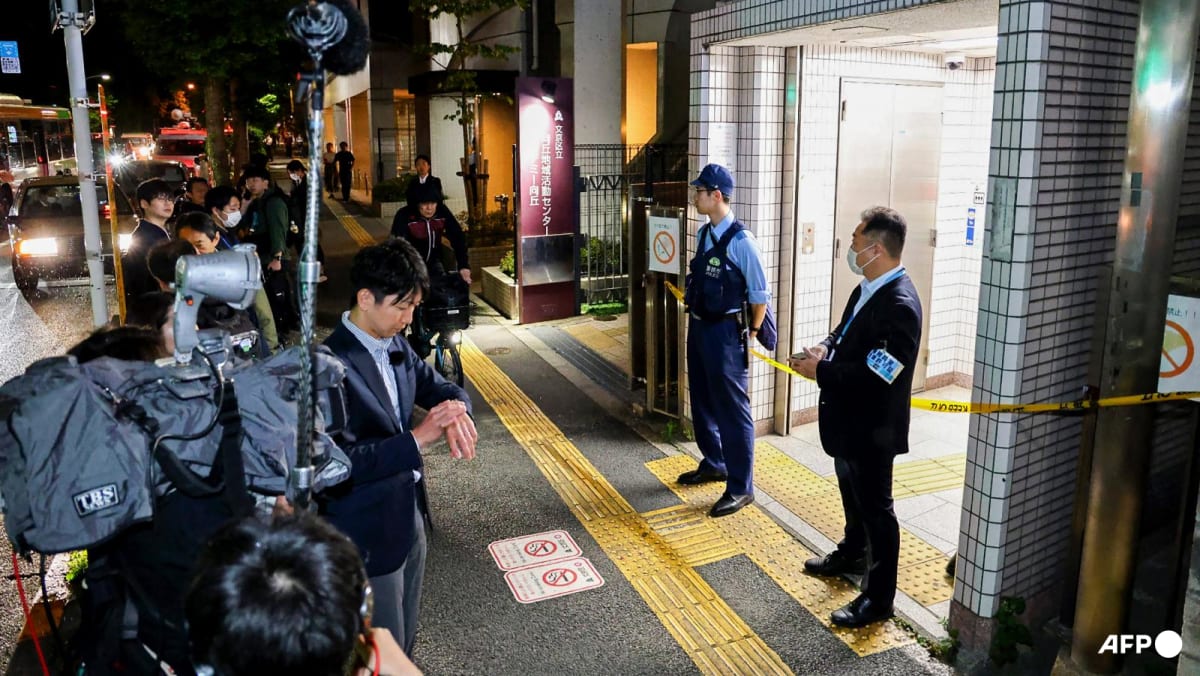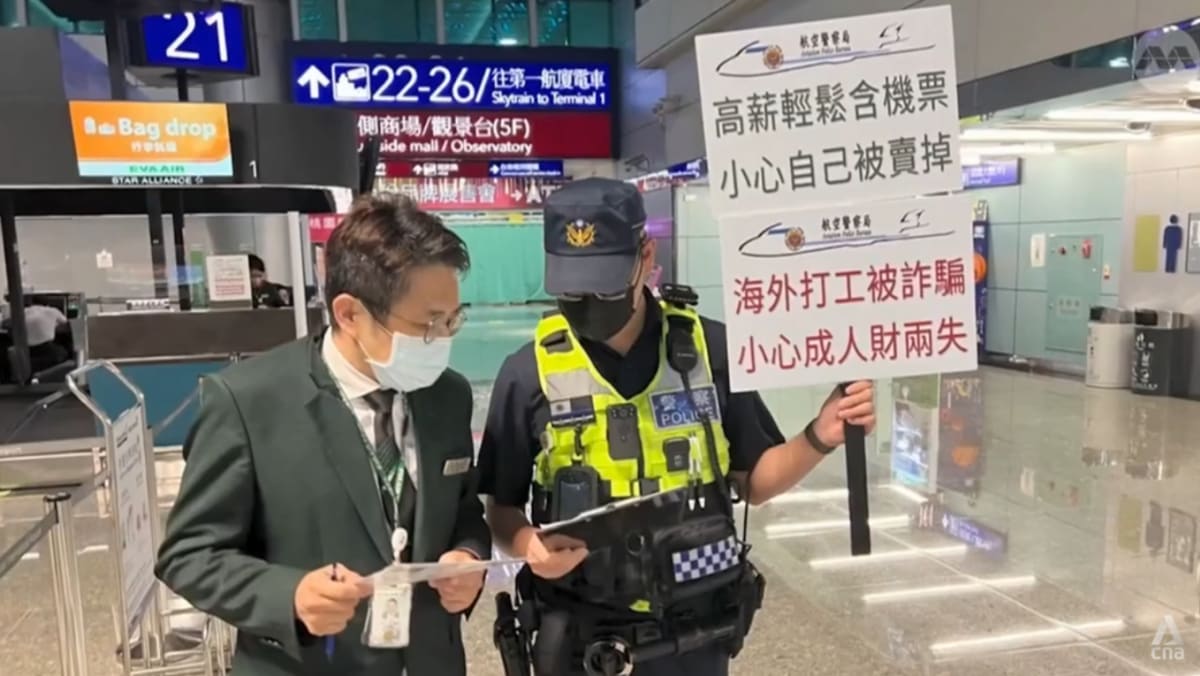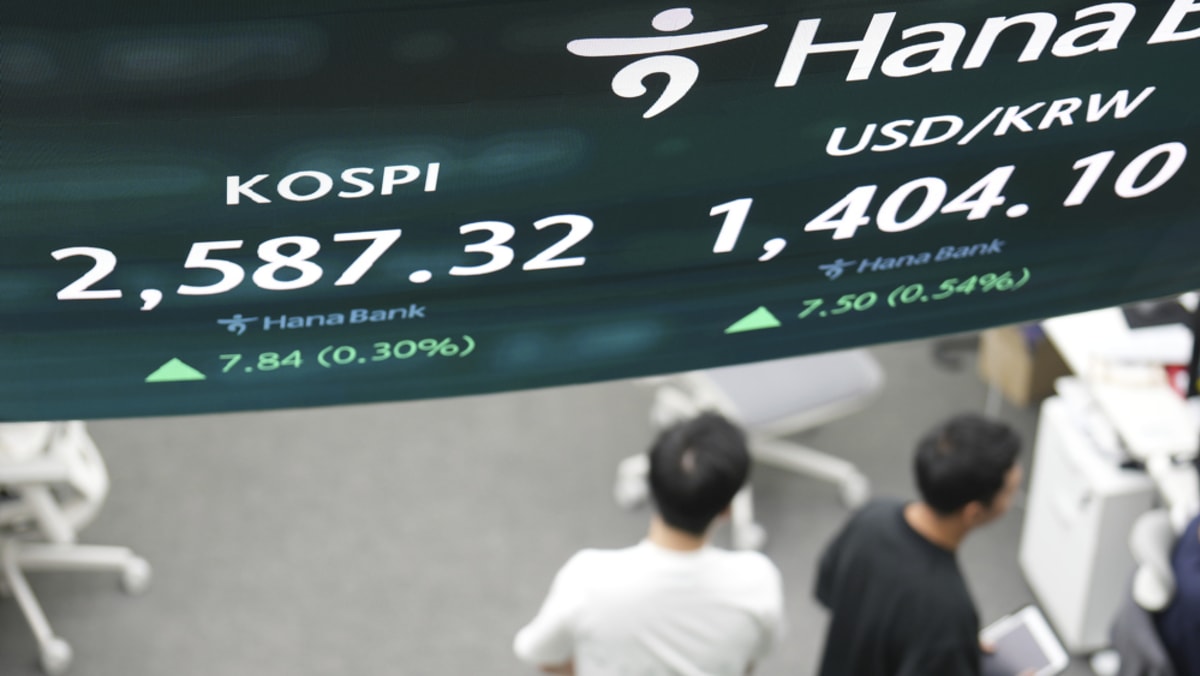Anwar had reiterated that the regional bloc will not impose retaliatory tariffs on China. However, ahead of Xi’s visit, Anwar himself acknowledged that it would be difficult for ASEAN to maintain its centrality and a balance between the US and China.
“How (Xi’s visit) changes the situation is less clear, including on how negotiations with the United States might work,” Chong said. “Moreover, there remain outstanding issues with China that remain unaddressed.”
These include territorial disputes as well as a potential oversupply of Chinese goods to Southeast Asia as trade gets diverted away from the US, putting pressure on Southeast Asian economies and smaller businesses.
“The extent to which China is able to provide a market for Southeast Asian goods given its low domestic demand and traditional use of Southeast Asian components in manufacturing exports to the United States, as well as Beijing’s ability to provide financing given its own economic headwinds were left undiscussed as well,” he added.
As with Vietnam, Malaysia faces a “difficult act” of balancing its relations with both the US and China, Abdul Rahman said.
“It has territorial disputes with China, but Beijing is a key trading partner,” he said.
“Malaysia under Anwar has put up positive optics about China. But on the defence front, the Malaysians are building their capabilities in Sabah and Sarawak, facing the South China Sea.”
Abdul Rahman said he would be interested to see how the two countries’ joint foreign and defence dialogue develops, as this signals China’s push for closer defence relations with Malaysia.
“At this point, it is difficult to assess if these agreements may affect Malaysia’s efforts to negotiate lower tariffs with the US, as Trump consistently gives out mixed signals on tariffs,” he added.
